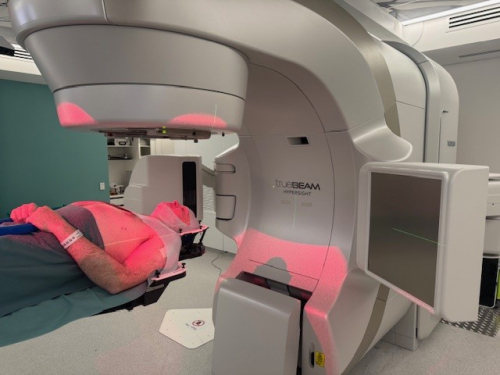Diagnosing STIs with a ‘selfie’? AI could make it possible
_800_533.png)
Diagnosis of a sexually transmitted infection (STI) could soon be as simple as the click of a button, thanks to a new app developed by researchers at the Melbourne Sexual Health Centre and Monash University.
The app sees users upload a photo of an abnormal lesion area, with artificial intelligence (AI) then assisting with the detection of STIs and other common genital skin conditions.
The framework for the app’s development came from the collation of over 5000 images gathered with the assistance of MSHC clinicians and patient volunteers who consented to images of their lesions being used for research purposes, with initial testing of the app already seeing a promising accuracy of between to 60 to 90 per cent.
MSHC epidemiologist and development team leader Professor Lei Zhang expects this accuracy will only improve further as more data is collected.
“Over time, its performance will improve with more image accumulation and the inclusion of additional metadata, but ultimately the goal is for this tool to become a publicly accessible and effective self-screening resource for the community,” said Prof Zhang.
“We recognised that many people who might experience abnormal lesions in their genital areas often feel too shy to see a clinician about it, and this often leads to delays in diagnosis and treatment which this app aims to address.
“A key benefit of this tool is obviously early diagnosis – a negative self-screening result will save individuals a clinic visit, while an early positive finding would encourage timely clinical intervention.
“The tool can also aid clinicians by offering valuable diagnostic suggestions.”
While development of the ‘STI-selfie’ app will continue, Professor Zhang anticipates that similar applications of AI will soon begin to emerge in other areas.
“This technology has already been successfully used in other settings, such as in melanoma detection,” said Prof Zhang. “In the near future, I envision the same technology being utilised for the early diagnosis of cervical and anal cancers, as high-resolution colposcopy and anoscopy images become more readily available.”



